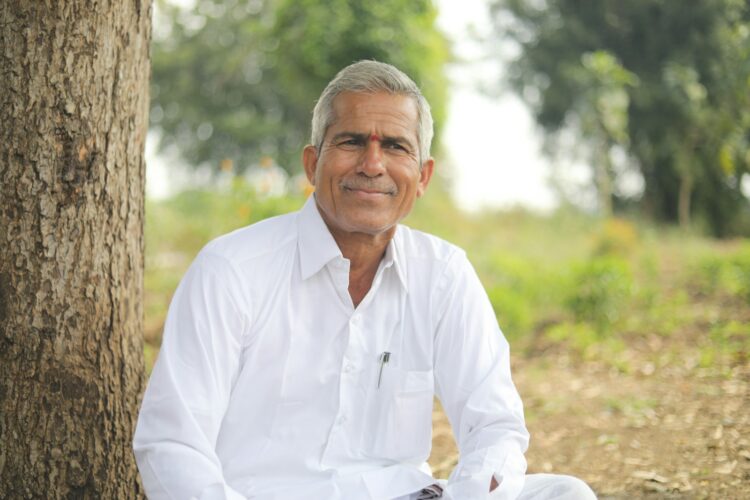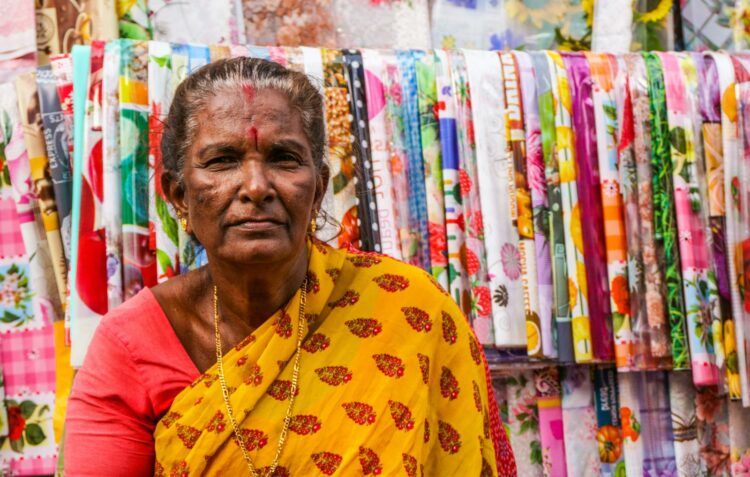
Immigrants leave behind everything familiar to build a new life. But no matter how long they stay, many of them feel misunderstood. Behind every immigrant is a complex journey filled with challenges, resilience, and hope. Here are 15 things immigrants wish people truly understood about their experience.
Leaving Home Isn’t Easy

Most immigrants don’t leave their home countries on a whim. The decision is often painful, fueled by economic hardship, political instability, war, or the pursuit of better opportunities. Even when life in a new country improves, the feeling of being torn between two worlds never really disappears. It’s not just moving. It’s a permanent emotional shift.
Learning a New Language is Harder Than You Think

Many immigrants work tirelessly to master a new language, yet accents and minor mistakes still invite judgment. It’s exhausting to translate thoughts constantly, processing conversations in real-time, and worry about being misunderstood. When people mock accents or act impatient, they overlook the immense effort it takes to communicate in a foreign language every day.
Culture Shock is Real and Overwhelming

Everything from how people greet each other to how they interact in public can feel confusing. What’s normal in one country might be rude or strange in another. Learning to navigate these unspoken rules is stressful, and even years later, some habits from home never fade. The fear of accidentally offending someone or standing out can be exhausting.
They Miss Home More Than You Can Imagine

No matter how much an immigrant loves their new country, they will always miss their homeland. It’s not just about missing food or holidays—it’s about missing the feeling of belonging. Some days, the homesickness is manageable; other days, it’s overwhelming. The struggle of living between two cultures never fully disappears.
The Pressure to Succeed is Immense

Many immigrants feel intense pressure to “prove” they deserve to be in their new country. Whether it’s excelling in school, working long hours, or striving for success, failure often feels like a luxury they can’t afford. They’re not just working for themselves, they’re carrying the weight of expectations from their families and communities.
Immigration Paperwork is a Nightmare

For many, getting legal status is a long, confusing, and expensive process. Visa applications, work permits, and residency requirements involve endless paperwork, strict deadlines, and constant uncertainty. A single mistake can delay years of progress. The stress of not knowing if they’ll be allowed to stay or work legally can be emotionally draining.
They Get Tired of Being Stereotyped

Not all immigrants are poor, uneducated, or here to “take jobs.” They come from diverse backgrounds—doctors, engineers, artists, business owners, and more. Being reduced to a stereotype ignores their individuality and struggles. They wish people saw them for who they are rather than assuming their story based on where they’re from.
Making Friends Can Be Really Difficult

Starting over in a new country means leaving behind lifelong friendships. Many immigrants struggle to form deep connections because cultural differences, language barriers, and social expectations can feel like invisible walls. The loneliness can be overwhelming, especially when locals don’t realize how hard it is to integrate into new social circles.
Racism and Discrimination Are a Daily Reality

Even if an immigrant speaks the language fluently and works hard, they still face racism, microaggressions, and bias. Being judged for their accent, appearance, or cultural background is exhausting. Many wish people understood that even “small” comments like jokes about deportation or assumptions about intelligence can be hurtful.
They Don’t Always Know Where They Belong

After years in a new country, some immigrants don’t fully feel at home in either place. Their homeland has changed, and so have they. In their new country, they may still feel like an outsider. This in-between identity can be emotionally confusing, making them feel like they don’t truly belong anywhere.
Not Every Immigrant Story is the Same

Some immigrants flee war; others move for education, love, or work. Some struggle financially, while others start successful businesses. The immigrant experience isn’t one-size-fits-all. They wish people stopped assuming their stories based on media narratives and instead took the time to understand their individual journeys.
Being Fluent in Two Languages is a Blessing and a Curse

Many immigrants grow up speaking two (or more) languages, which seems like an advantage. But it also means constantly switching between worlds. Sometimes, words don’t translate, emotions get lost, or they feel disconnected from both cultures. Even within families, generational language gaps can create misunderstandings between parents and children.
Visiting Home Isn’t Always an Option

For some, going back home is impossible due to visa issues, political instability, or financial constraints. Years can pass without seeing loved ones, and video calls don’t replace real hugs. Watching their homeland change from a distance—without being part of it—is one of the hardest parts of being an immigrant.
They Want to Celebrate Their Culture Without Judgment

Some immigrants hesitate to embrace their traditions openly, fearing judgment or exclusion. Whether it’s wearing traditional clothing, speaking their language, or celebrating cultural holidays, they sometimes feel pressured to “blend in.” They wish they could fully embrace their identity without being labeled “too foreign.”
They Are More Resilient Than You Think

Immigrants go through things most people never will—adapting to a new culture, starting over from scratch, and often facing discrimination. Yet, they push forward, build new lives, and contribute in countless ways. They don’t need pity; they need understanding, respect, and appreciation for the strength it takes to be an immigrant.

